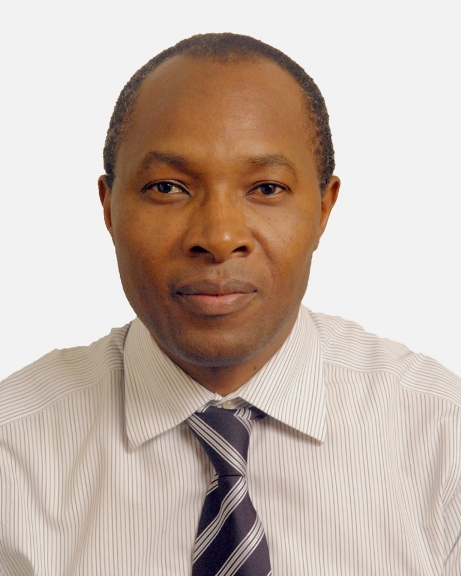Australia Awards Alumnus Promotes Africa’s Credibility in the International Trade Arena
(By Stephanie Carter)
As a long standing alumnus of the Australia Awards Africa program, Stephen Karingi from Kenya has spent the past 15 years contributing to economic policy at a national, regional and global level. Currently the Director for Regional Integration and Trade at the United Nations Economic Commission for Africa (UNECA), Stephen lends his expertise to micro and macroeconomic issues affecting Africa’s development and economic integration agenda. For Stephen, UNECA is the ultimate think tank on African issues; a unique institution combining an African and United Nations perspective under the same development discourse. In taking up his position with UNECA in 2004, Stephen reflected on the challenges and opportunities.
‘This past decade in Africa was spent trying to integrate the continent and secure its place in the community of nations, while helping it deal with its development challenges. Therefore, at the time I joined UNECA, there was the important issue of the African voice, and the need to let Africa lead its development agenda’, explains Stephen.
In thinking back to his time on award, Stephen credits his economic and policy analysis skills to his Master of Economics and PhD in Agricultural Economics funded by the Australian Government and completed in 1994 and 1999 respectively, and both at the University of New England in Armidale.
‘I was able to bring to UNECA a very important skill and methodology that I learnt in my studies in Australia, which was a modelling approach that captured different sectors of the economy and could also disaggregate regions by countries,’ reflects Stephen.
Under his leadership, and building on the economic modelling skills he gained while on award, his division at UNECA has been able to analyse in detail the impact of other global economic organisations and global trends and influences on the African economy. This analysis has helped African countries realise the potential of international trade and aid, and of industries such as agriculture.
Stephen is positive that his contribution has also helped inform bilateral and multilateral trade decisions and positioning across Africa. ‘I can say, confidently, that UNECA’s contribution to Africa’s regional integration agenda, and the positions that African countries have taken on bilateral and multilateral trade issues, have been influenced by the leadership I have provided to the team I have been working with in the organisation’.
Stephen believes that this economic modelling has not only supported Africa’s economic integration agenda, but increased its voice on international trade matters.
‘African countries have now agreed to do more in boosting intra-African trade and will aim to agree on a Continental Free Trade Area. If these are achieved, Africa will be transformed and it will become a key player in the global economy,’ he posits.
Through his Australia Award, Stephen also learnt much about international trade engagement and was able to draw parallels between Africa and Australia’s positions on issues such as agriculture and trade. It is from this educational experience that Stephen feels his appreciation for evidence-based policy was formed.
‘I honed good research and analytical skills in the process of doing my Masters and PhD in Australia. The emphasis on evidence-based policy making was an important practice for me and at the African level, it was important to use this same thinking to win the confidence and credibility of all stakeholders involved,’ he concludes.
Fifteen years on from his Award, Stephen remains an engaged member of the Australia Awards Alumni network. He was a key speaker and contributor at the Australian Government-organised Aid for Trade workshop held on 3rd October 2014 in South Africa, and remains committed to using his Award-acquired skills to increase Africa’s credibility in the international trade arena. In continuing his work at UNECA, he is confident that Africa’s economic integration agenda can only grow stronger.

